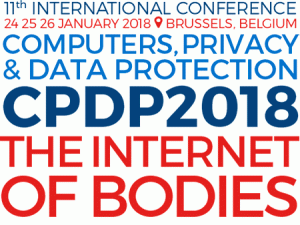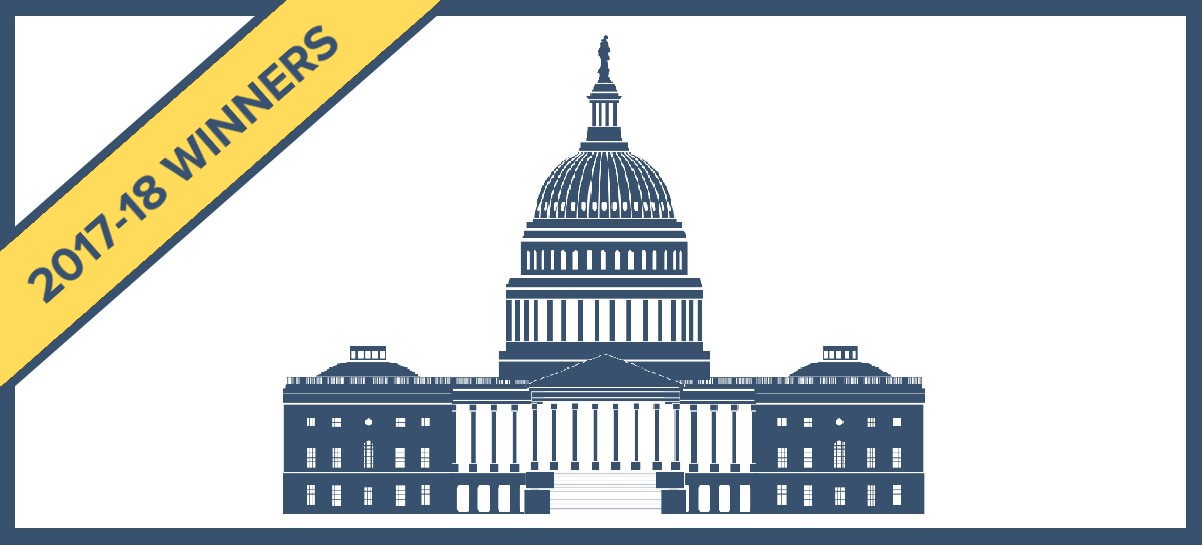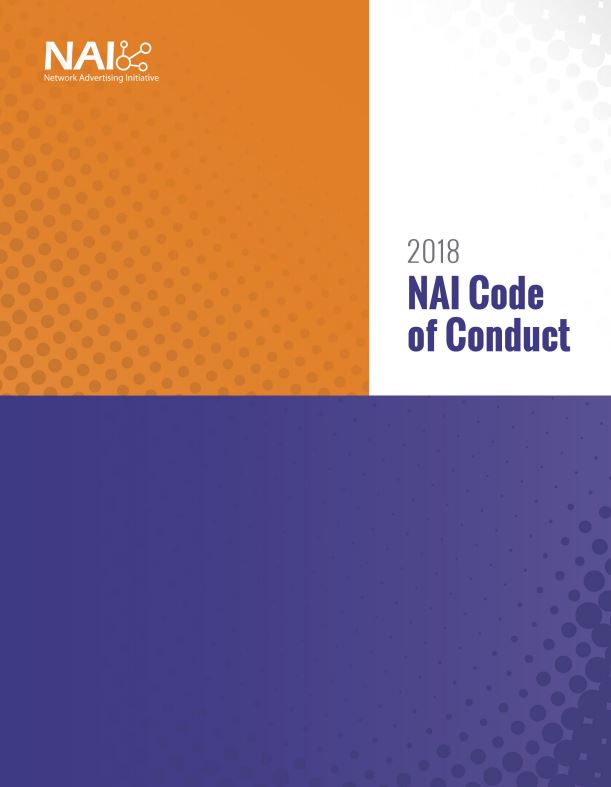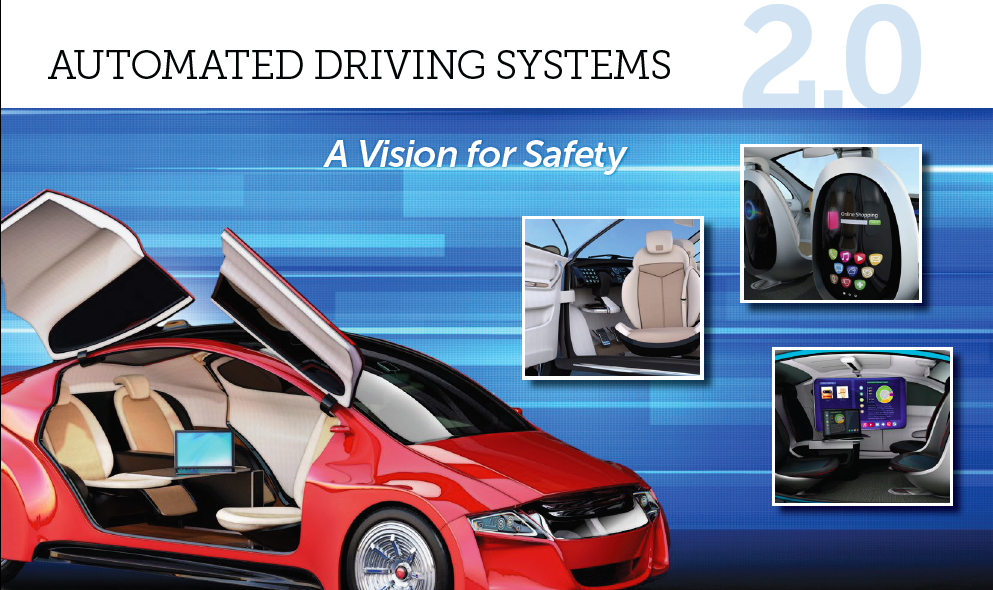
Taming The Golem: Challenges of Ethical Algorithmic Decision-Making
This article examines the potential for bias and discrimination in automated algorithmic decision-making. As a group of commentators recently asserted, “[t]he accountability mechanisms and legal standards that govern such decision processes have not kept pace with technology.” Yet this article rejects an approach that depicts every algorithmic process as a “black box” that is inevitably plagued by bias and potential injustice.

Seeing the Big Picture on Smart TVs and Smart Home Tech
CES 2018 brought to light many exciting advancements in consumer technologies. Without a doubt, Smart TVs, Smart Homes, and voice assistants were dominant: LG has a TV that rolls up like a poster; Philips introduced a Google Assistant-enabled TV is designed for the kitchen; and Samsung revealed its new line of refrigerators, TVs, and other home devices powered by Bixby, their intelligent voice assistant.

From cross-border transfers to privacy engineering, check out all panels and events FPF will be a part of at CPDP2018
Computers Privacy and Data Protection conference (CPDP) kicks off this week in Brussels, and the theme this year is “The Internet of Bodies”. The conference will gather 400 speakers for 80 panels to set the stage for the privacy and data protection conversation in Europe for 2018. And this is such an important year for data protection – not only the General Data Protection Regulation becomes applicable in May, but also the text of the new ePrivacy Regulation will likely be finalized.

New US Dept of Ed Finding: Schools Cannot Require Parents or Students to Waive Their FERPA Rights Through Ed Tech Company’s Terms of Service
Policymakers, parents, and privacy advocates have long asked whether FERPA is up to the task of protecting student privacy in the 21st century. A just-released letter regarding the Agora Cyber Charter School might signal that a FERPA compliance crack-down – frequently mentioned as their next step after providing extensive guidance by the U.S. Department of Education (USED) employees at conferences throughout 2017 – has begun. The Agora letter provides crucial guidance to schools and ed tech companies about how USED interprets FERPA’s requirements regarding parental consent and ed tech products’ terms of service, and it may predict USED’s enforcement priorities going forward.

Privacy Papers 2017: Spotlight on the Winning Authors
Today, FPF announced the winners of the 8th Annual Privacy Papers for Policymakers (PPPM) Award. This Award recognizes leading privacy scholarship that is relevant to policymakers in the United States Congress, at U.S. federal agencies, and for data protection authorities abroad.

NAI Combines Web, Mobile, and Cross-Device Tracking Rules for 2018
The Network Advertising Initiative (NAI) released its 2018 Code of Conduct yesterday, consolidating the rules for online and mobile behavioral advertising (interest-based advertising). NAI, a non-profit organization in Washington, DC, is the leading self-regulatory association for digital advertising, with over 100 members and a formalized internal review mechanism.

The Top 10: Student Privacy News (October-November 2017)
The Future of Privacy Forum tracks student privacy news very closely, and shares relevant news stories with our newsletter subscribers. Approximately every month, we post “The Top 10,” a blog with our top student privacy stories.

Law Enforcement Access to Student Records: What Is the Law?
Today, the Future of Privacy Forum (FPF) released “Law Enforcement Access to Student Records: A Guide for School Administrators & Ed Tech Service Providers,” written by Amelia Vance and Sarah Williamson. This guide helps to answer some of the basic questions that we have heard from key stakeholders about law enforcement access to data over the past nine months.

Artificial Intelligence, Machine Learning, and Ethical Applications
On September 25, 2017, the Future of Privacy Forum and the Information Accountability Foundation will co-host an official side event at the International Conference of Data Protection Commissioners. The event follows IAF’s publication of Artificial Intelligence, Ethics and Enhanced Data Stewardship, and FPF’s curation of leading research highlighting the privacy challenges posed by artificial intelligence.

First Take: Privacy in Updated Federal Guidance for Automated Driving
Yesterday, the Department of Transportation and the National Highway Traffic Safety Administration issued updated guidance for autonomous vehicles; streamlining last year’s guidance, incorporating public comments, and stripping privacy from its recommendations.
